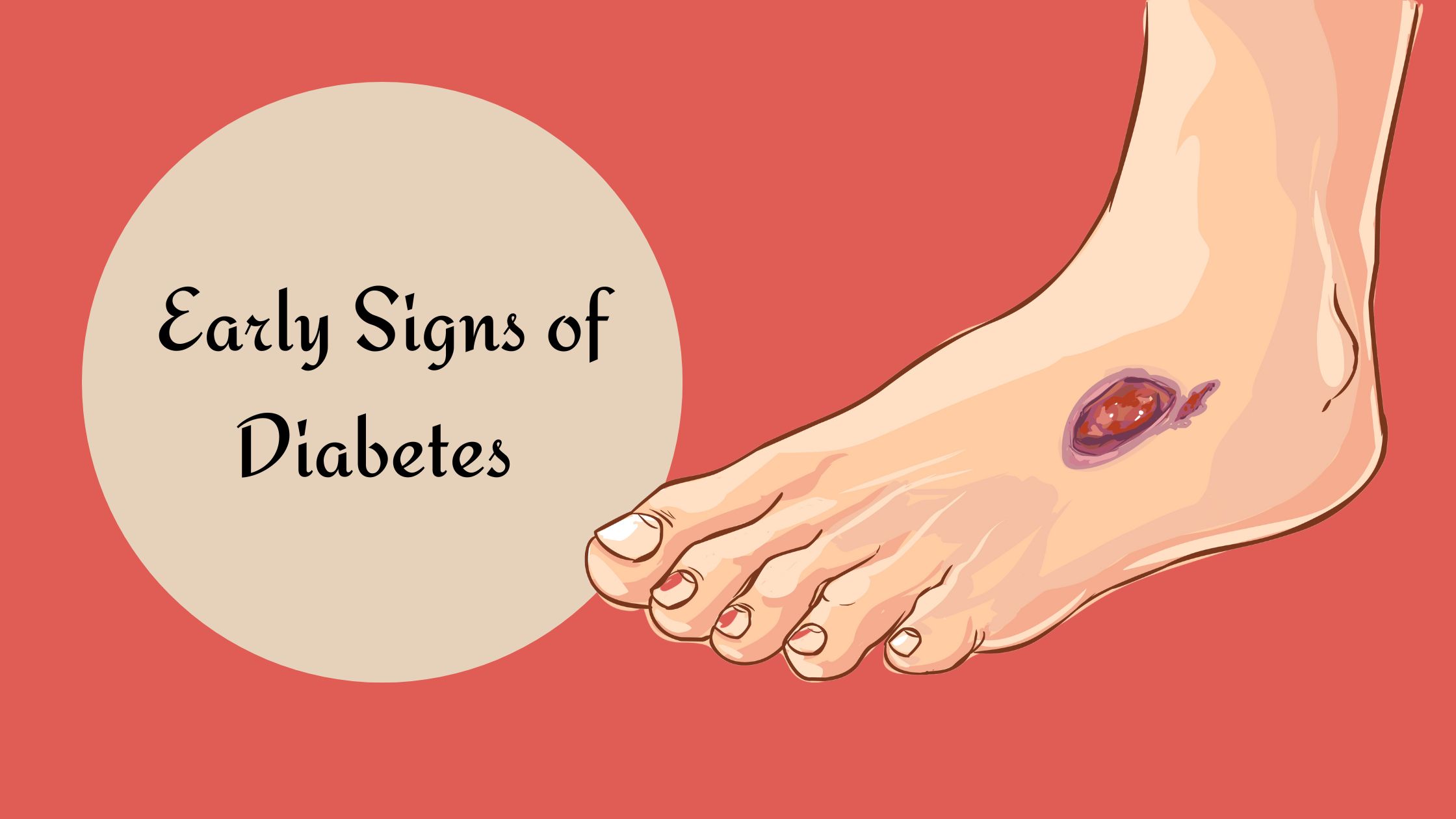What is Septicemia?
What is Septicemia?
Septicemia, often referred to as blood poisoning, is a serious medical condition. It’s not the poisoning of the blood with a toxic substance but rather a severe infection that has spread into the bloodstream. This allows the infection to move rapidly throughout your body, which can be life-threatening.
How Does Septicemia Happen?
Normally, your body’s immune system keeps minor infections in check. But sometimes, a more significant infection – like a urinary tract infection, lung infection, or an infection in the abdomen – can overwhelm your body’s defenses. If this happens, the bacteria, along with the toxins they produce, can enter your bloodstream. This is when septicemia occurs.
What Are The Symptoms of Septicemia?
Symptoms of septicemia can vary, but they often include:
- A high fever or unusually low body temperature
- A rapid heart rate
- Rapid breathing
- Shaking or chills
- Feeling very ill or extremely weak
- Decreased urination

Why It’s a Serious Condition
Septicemia is serious because it can lead to sepsis, a more severe condition where the body’s reaction to infection provokes injury to its own tissues and organs. Sepsis can lead to septic shock, where your blood pressure drops to dangerously low levels, and organs may start to fail.
Diagnosis and Treatment
For diagnosis, doctors usually order blood tests to examine for bacteria and other indications of infection. They might also order other tests like urine tests, X-rays, or CT scans to find the infection’s source.
Treating septicemia usually involves antibiotics to fight the infection and fluids to maintain blood pressure. Sometimes, other medications to support heart function, oxygen, or surgery to remove the source of infection are necessary.
Prevention Tips
You can reduce your risk of septicemia by:
- Getting vaccinated against potential infections
- Practicing good hygiene, like regular hand washing
- Taking care of chronic conditions that might weaken your immune system
- Seeking immediate medical attention for infections that seem severe or are not improving
When to Seek Medical Attention
If you or someone you know shows symptoms of septicemia, especially after a recent infection or surgery, it’s crucial to seek medical attention immediately. Early treatment can be life-saving.






